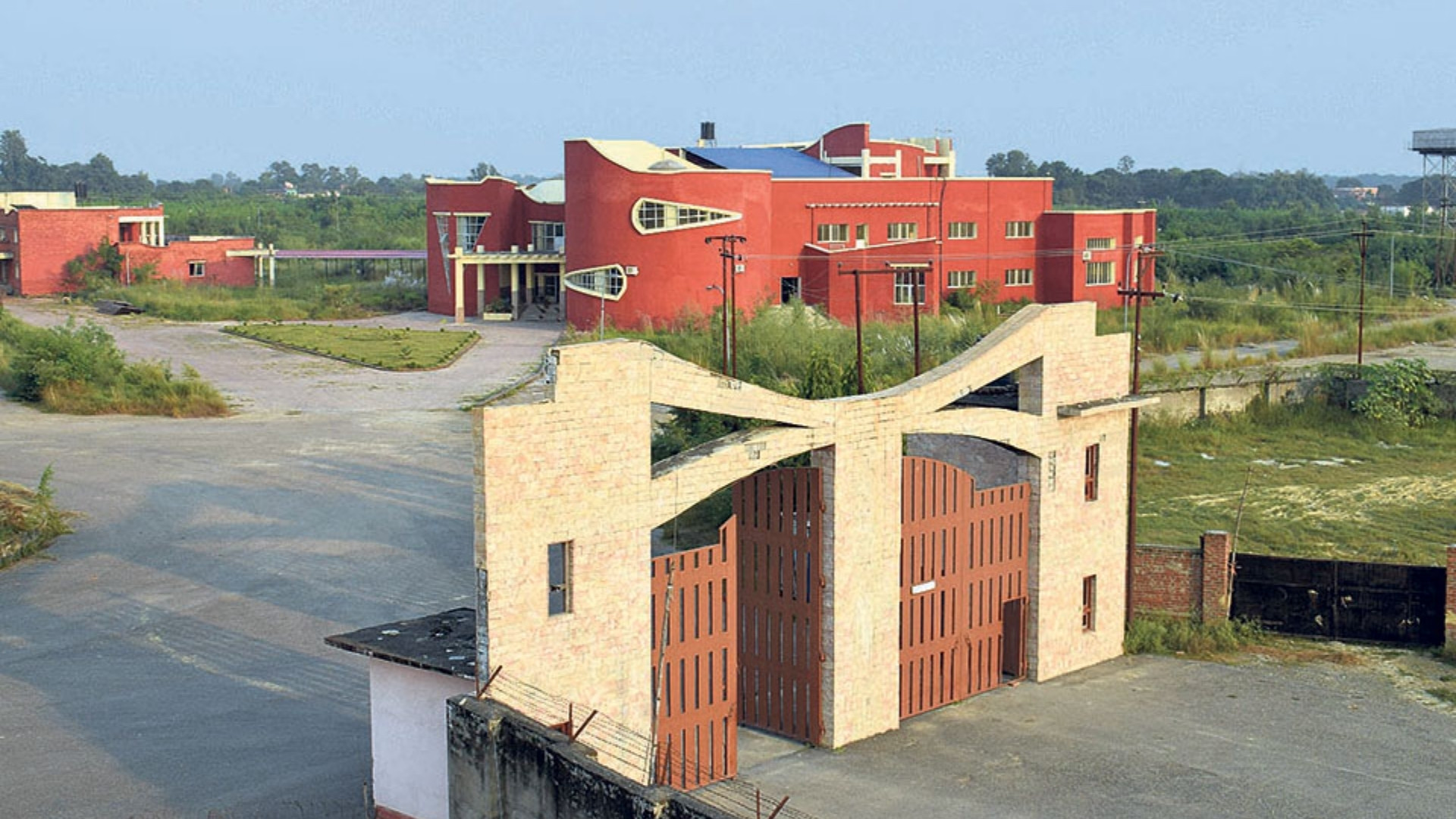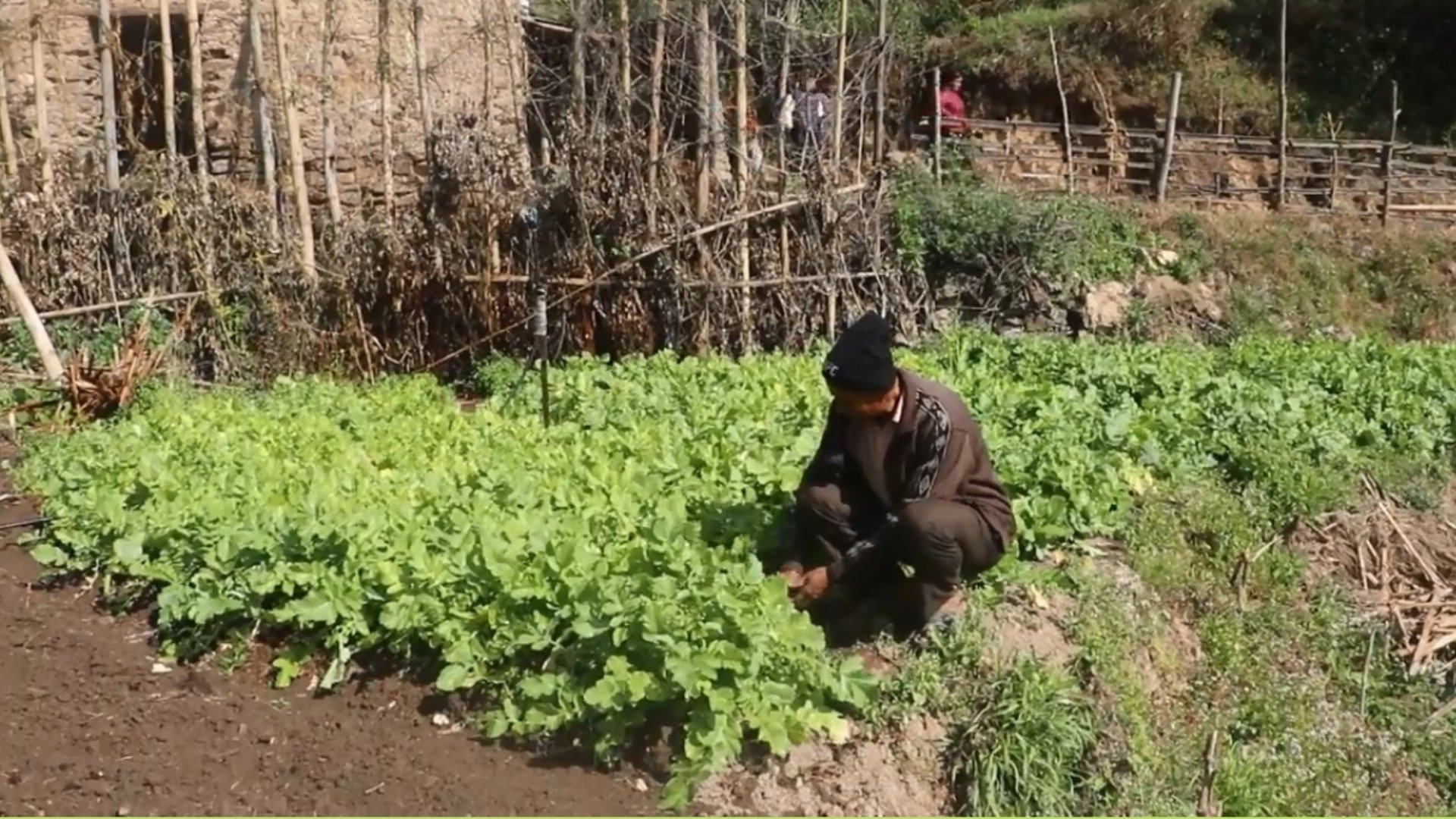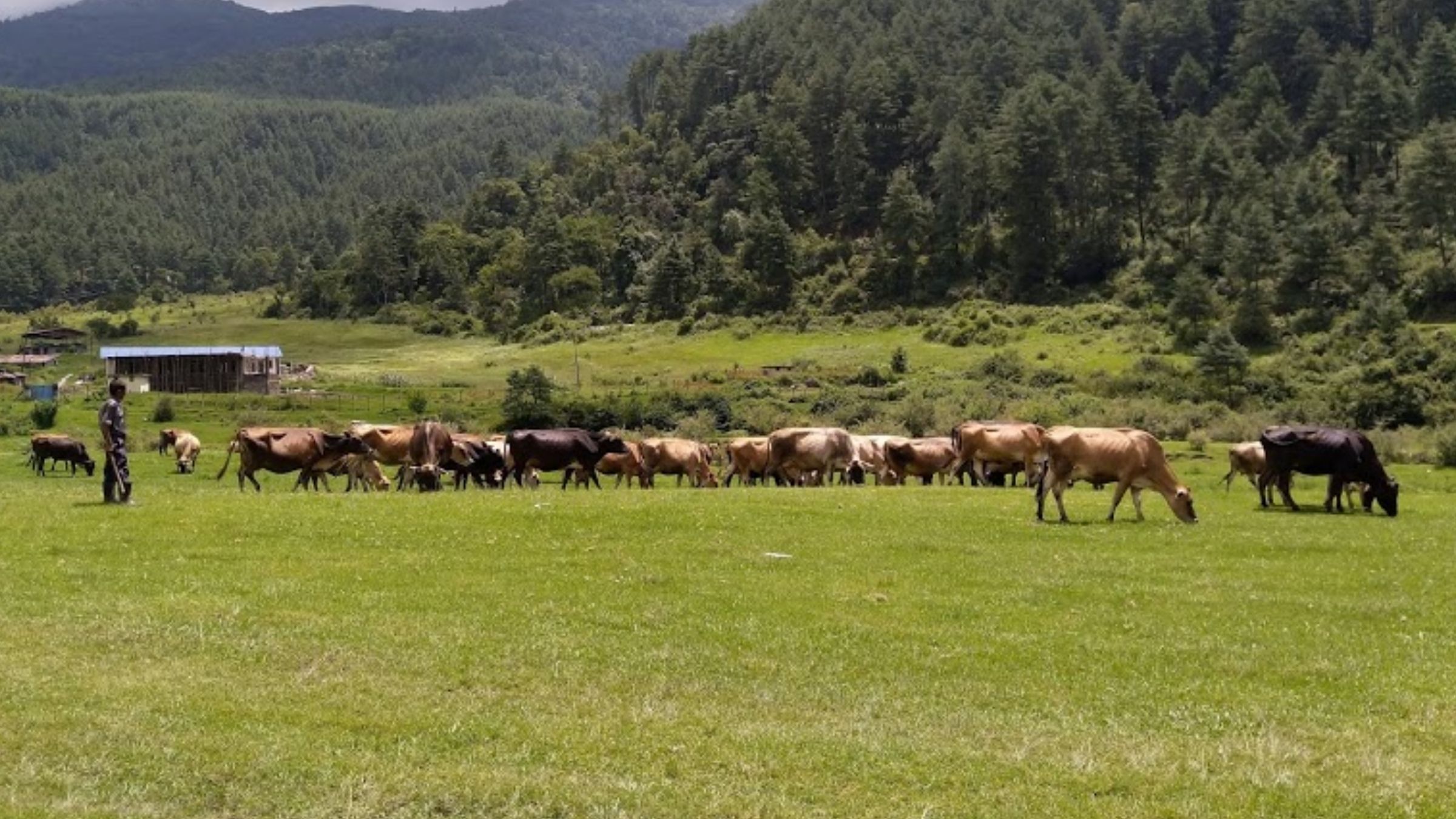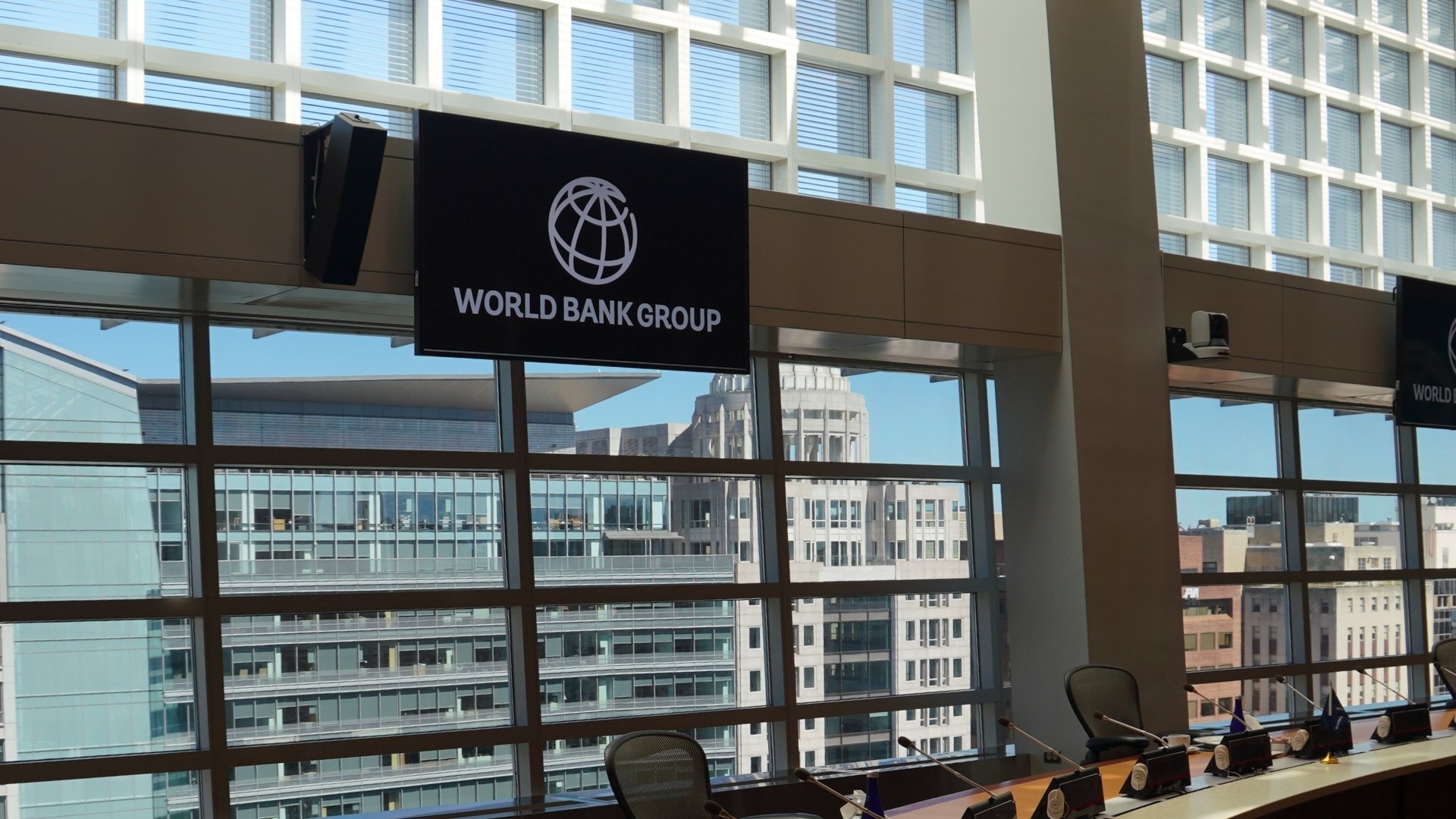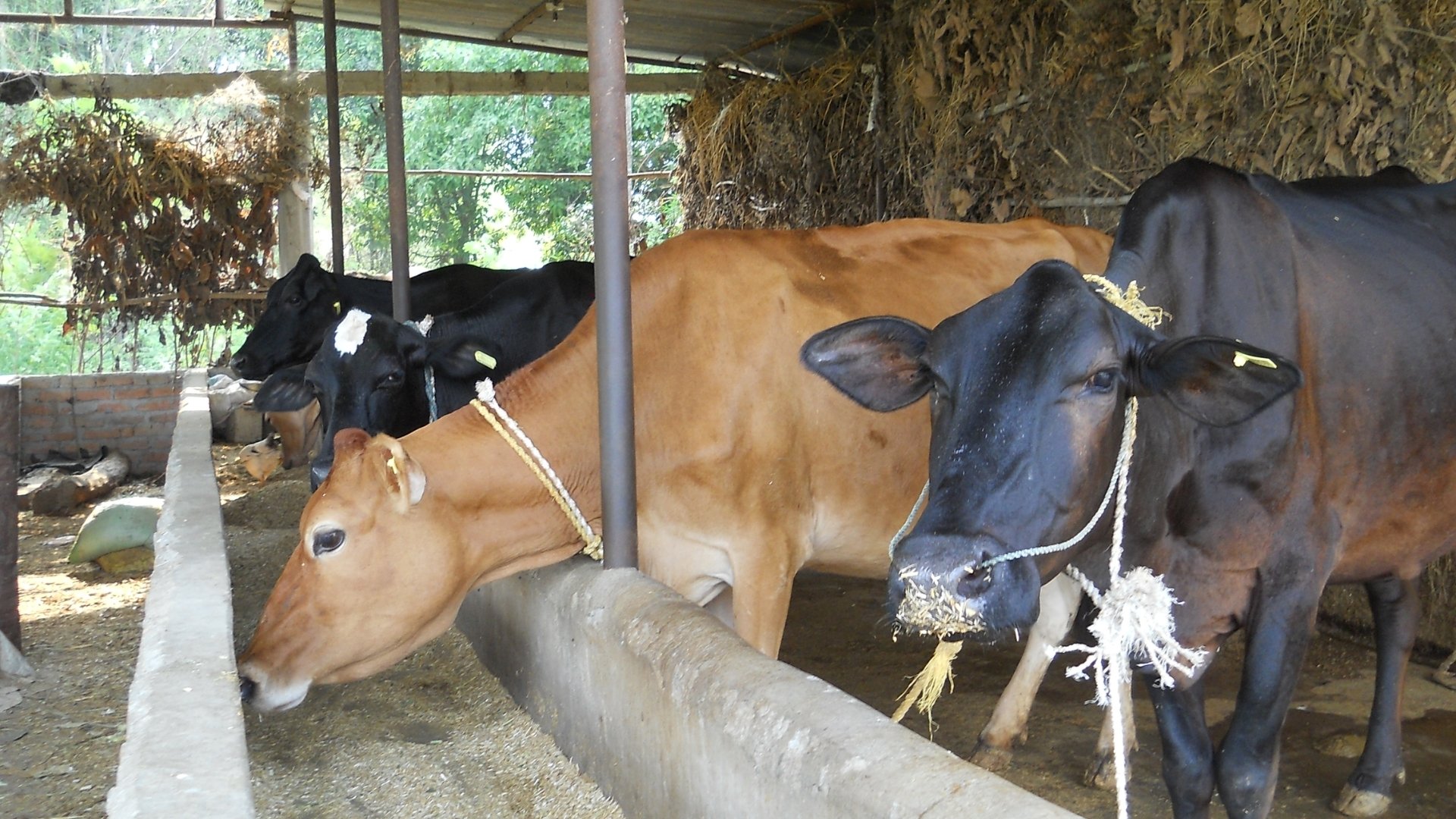Last week, the government unveiled its budget for the fiscal year 2025/26, totaling NRs 1.96 trillion. Of this, NRs 10.14 billion has been allocated to the Ministry of Commerce, Industry and Supplies, with a focus on promoting MSMEs, fostering industrial development, and supporting youth entrepreneurship.
A key highlight is the continuation of startup loans, with NPR 730 million allocated for lending at a concessional 3% interest rate. This initiative targets Gen-Z entrepreneurs and includes plans to establish incubation centers in collaboration with universities, the government, and the private sector.
Key priorities and initiatives
Branding support: The government aims to support MSMEs and cottage industries by strengthening the branding of domestic goods and services.
Industrial incentives: The government plans to offer various incentives for industries located in Special Economic Zones (SEZs) and Industrial Zones. New industries established in these areas will receive concessions for three years, including a reduction in rent for SEZs from NPR 20 to NPR 5 per square meter. Export-oriented industries in Industrial Zones that export more than 30% of their products will be eligible for benefits comparable to those provided in SEZs.
Additionally, developers of industrial zones will be granted facilities similar to those given to hydropower developers, such as a 50% discount on rent. Industries operating within these zones will also receive incentives akin to those available in SEZs.
NRs 1.55 billion budget has been set aside for industrial infrastructures. The government, collaborating with the private sector and the Investment Board, will develop and manage modern industrial zones at several sites, including Daiji, Gaurishankar, Laxmipur, Motipur, Shaktikhor, Mayurdhap, and the industrial park in Damak. Additionally, Special Economic Zones (SEZs) in Panchkhal and Samara will be operated with private sector involvement.
Similarly, Kathmandu-based industries will be encouraged to relocate to industrial areas outside the valley to reduce the capital’s pollution level offering free lease.
Preserve and promote traditional skills and crafts of Dalit community: The government will launch the Bhagat Sarbajit Entrepreneurship Development Program to preserve and promote the Dalit community’s traditional skills and crafts. A budget of NPR 500 million is allocated to support crafts made from gold, silver, bronze, copper, iron, leather, wood, and stone through capital subsidies, concessional loans, and skill development training.
Reforms on land acquisition: Arrangements will be made to allow businesses, agri-farms, and housing apartment projects to purchase land exceeding the usual land ceiling restrictions.
Additionally, the government plans to facilitate the provision of working capital loans in a simple and accessible manner for productive, tourism, and construction industries, as well as housing development companies.
Other planned initiatives:
- Public services relating to businesses will be simplified, made convenient, and technology-driven, including the establishment of one-stop centers to facilitate the entire process from company registration to exit.
- Run “Make in Nepal” and “Made in Nepal” campaigns with private sector support.
- Strictly control illegal activities like black marketing, hoarding, smuggling, and the sale of counterfeit goods to foster a fair, competitive, and consumer-friendly market.
- Establish consumer courts across all provinces.


